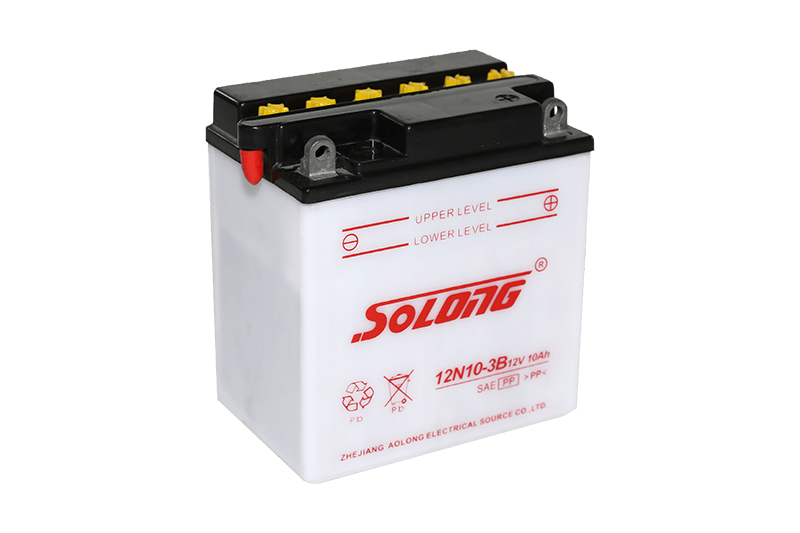

1. Lithium ion conductivity: The electrolyte does not h […]
1. Lithium ion conductivity: The electrolyte does not have electronic conductivity, but must have good ionic conductivity. In the general temperature range, the conductivity of the electrolyte is between 1×10-3~2×10-3S/cm. As an electrolyte, it must have excellent ionic conductivity and electronic insulation, allowing it to function as an ion transport medium while reducing its own self-discharge.
2. Ion migration number: The transport charge inside the lithium battery depends on the migration of ions. A high ion migration number can reduce the concentration polarization during the electrode reaction, so that the battery can produce high energy density and power density. The ideal lithium ion migration number should be as close as possible.
3. Stability: When the electrolyte is in direct contact with the electrode, the occurrence of side reactions should be avoided as much as possible, which requires the electrolyte to have certain chemical stability and thermal stability.

4. Mechanical strength: The lithium-ion battery electrolyte needs to have high enough mechanical strength to meet the mass production and packaging process of the battery. Li et al. used trimethyl phosphate (TMP) as an additive for high-voltage electrolytes, and tested Li1.2Mn0.54Ni0.13Co0.13O2 as the positive electrode of the battery. The results showed that adding 1% TMP to the electrolyte can significantly improve the The rate capability and cycle performance of the battery.
5. Excellent mechanical properties: Due to the direct contact with the positive and negative electrodes, the polymer lithium battery electrolyte should have strong toughness, and can withstand stress changes during battery assembly, storage and use, without brittle cracking. At the same time, when used as a separator, it must have considerable mechanical strength to inhibit the generation and puncture of lithium dendrites and prevent short circuit of positive and negative electrodes.